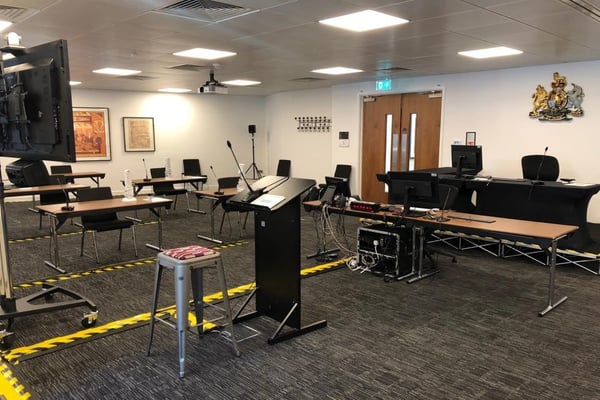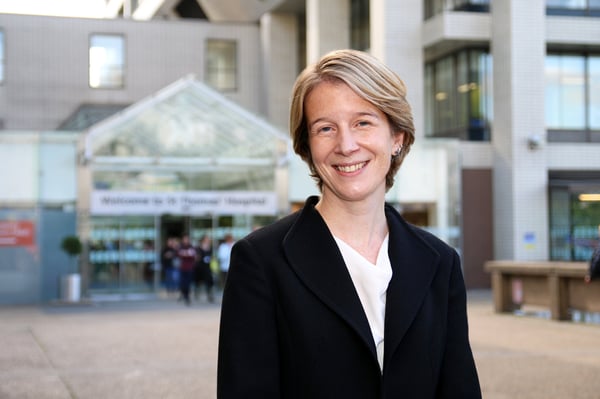New HM Courts and Tribunals Service Centre opens in Salford, adding to existing Service Centres in Stoke-on-Trent, Birmingham and Loughborough.
The Salford site will provide a home for much of HMCTS' Common Platform work, which includes providing specialist support for the magistrates’ courts. Examples of the types of queries staff in this Service Centre will handle include calls and emails about social security, child support, probate and divorce.
 "New technology, new ways of working and modern offices will provide staff with the tools they need to provide a better service to those who need our support and guidance," said Una Bennett, HMCTS National Services Director.
"New technology, new ways of working and modern offices will provide staff with the tools they need to provide a better service to those who need our support and guidance," said Una Bennett, HMCTS National Services Director.
"Our new Salford Quays Courts and Tribunals Service Centre will provide a more streamlined and consistent service for our users," she continued. "Our team will be able to answer incoming enquiries more quickly, access specific case details so that callers do not have to keep explaining why they are contacting us, and provide the right information first time.
Each of the centres bring expert staff together under one roof to provide support and guidance about cases acting as a first point of contact for anyone who wants more information on their case – from legal professionals to public court users. The centres currently handle more than one million queries.
Service Centre staff are dedicated to handling queries, making responses more efficient and consistent. Staff at courts and tribunals, who were previously handling these queries, will be freed up to support the public and legal professionals during more complex hearings that happen in person.

The Salford Service Centre will also include a Digital Hub, hosting software and support teams. These teams are responsible for software being used across courts, tribunals and Service Centres, as well as by members of the public. Basing this team in the new Salford Service Centre will enable closer collaboration between the software developers and the people actually using the systems.
The existing Service Centres have already helped to improve efficiency. They provide a quicker service that is easier for people to understand and navigate. For example, a divorce carried out digitally can now be completed in 20 weeks on average from start to finish. If carried out on paper this would take around 75 weeks.

 "New technology, new ways of working and modern offices will provide staff with the tools they need to provide a better service to those who need our support and guidance," said Una Bennett, HMCTS National Services Director.
"New technology, new ways of working and modern offices will provide staff with the tools they need to provide a better service to those who need our support and guidance," said Una Bennett, HMCTS National Services Director.




